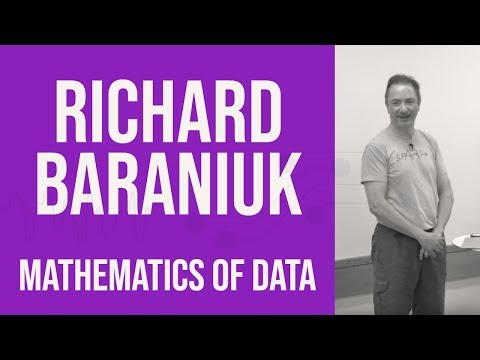Description:
Explore the intriguing connections between deep learning and affine splines in this 38-minute conference talk by Richard Baraniuk from Rice University. Delve into the prediction problem and how deep neural networks approximate solutions. Examine the relationship between deep nets and splines, focusing on spline approximation and the max-affine spline (MAS) concept. Investigate the max-affine spline operator (MASO) and its role in partitioning. Learn about the theory behind the MASO partition and its implications for learning. Discover how convolutional neural networks (CNNs) relate to local affine mapping and how deep nets function as matched filterbanks. Gain insights into partition-based signal distance and its application in understanding data augmentation. Conclude with a summary of key points and explore additional research directions in this cutting-edge field of data science and machine learning.

Affine Spline Insights into Deep Learning - Richard Baraniuk, Rice University
Add to list
#Computer Science
#Deep Learning
#Data Science
#Machine Learning
#Engineering
#Electrical Engineering
#Signal Processing
#Data Augmentation
#Mathematics
#Statistics & Probability
#Computational Statistics